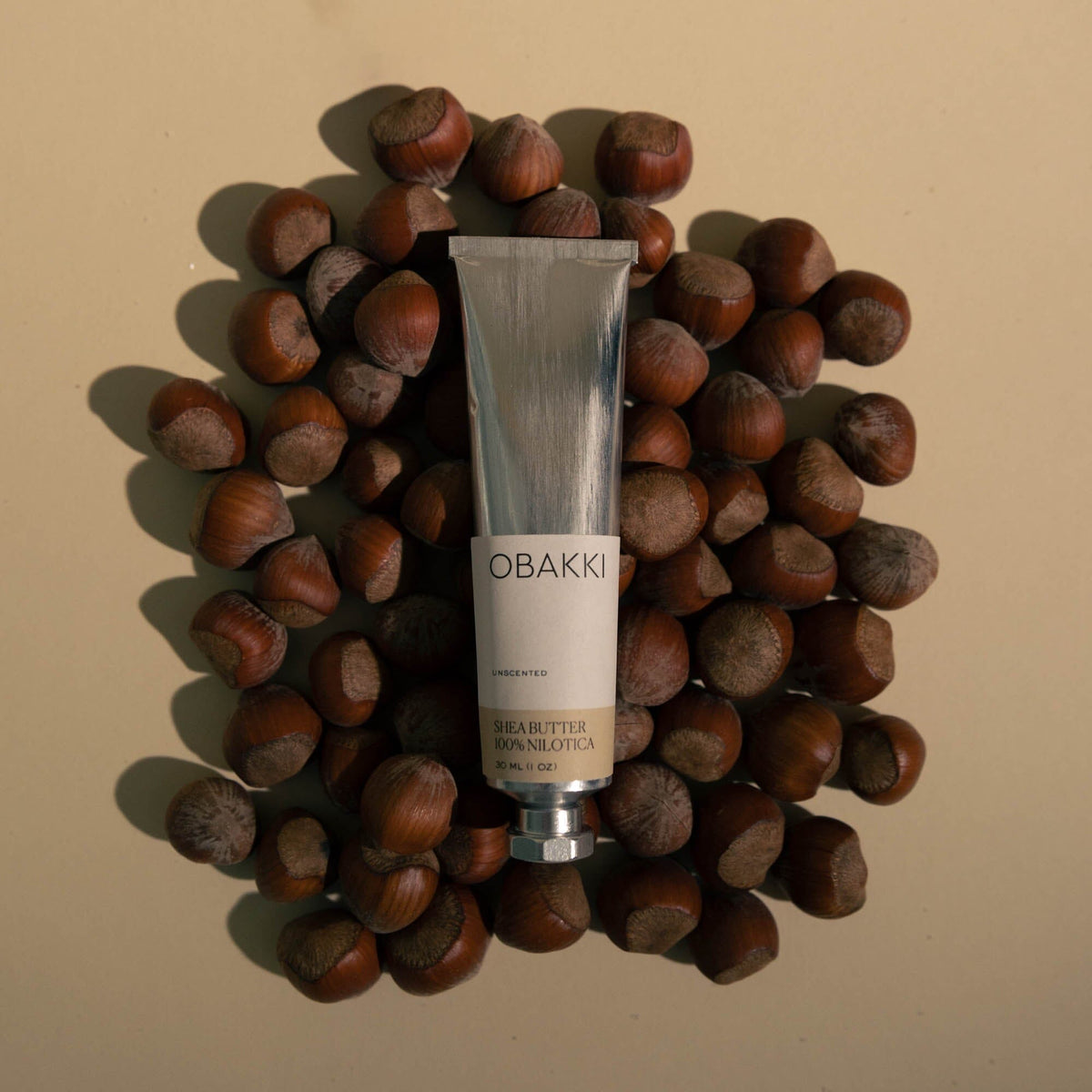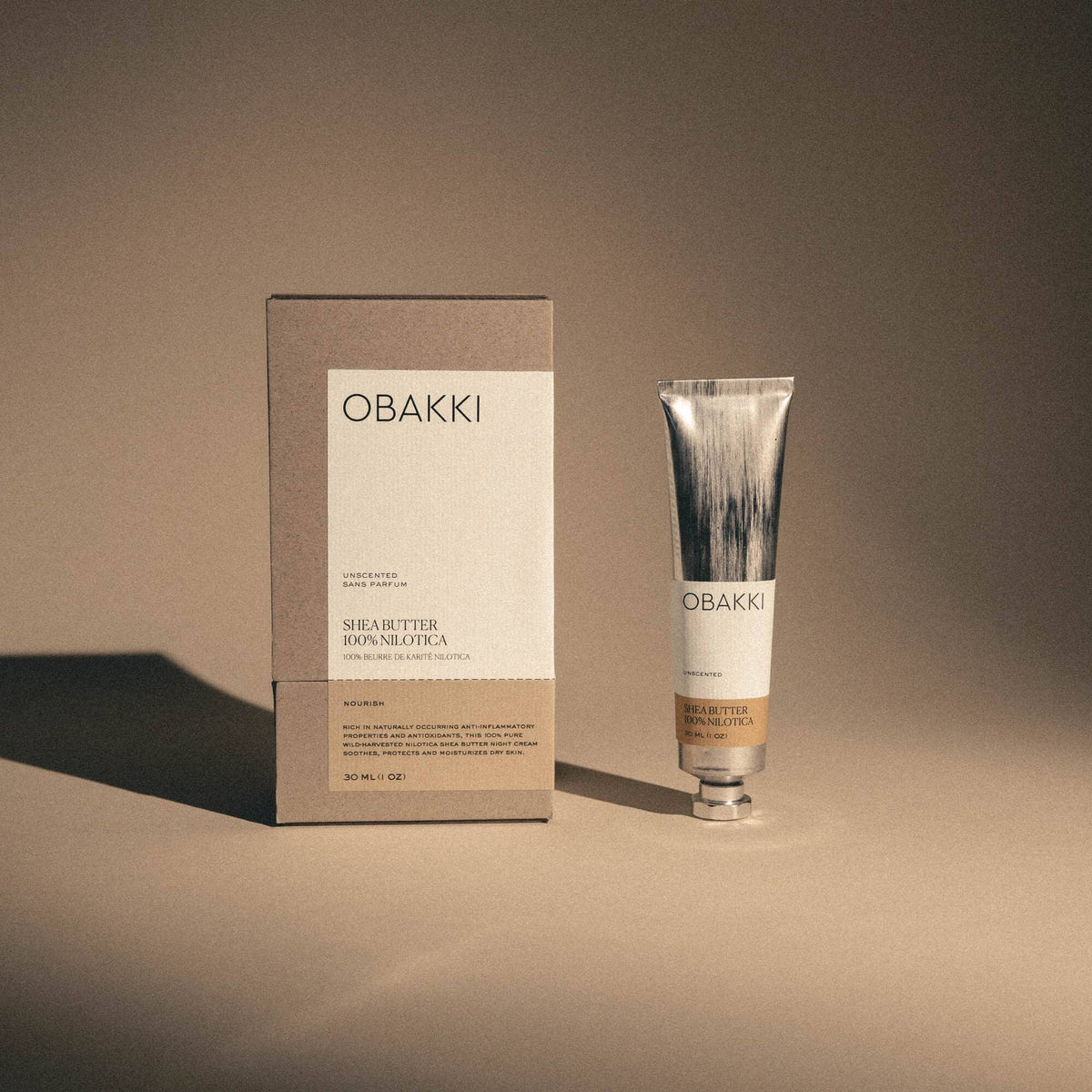The Problem With Palm Oil

Palm oil production is wiping out ancient forests, endangering wildlife and destroying communities, which is why Obakki’s skincare collection is palm oil free.
You can help to preserve some of the world’s most sensitive ecosystems and vulnerable populations simply by choosing cruelty-free soap, shampoo or skincare products that don’t contain palm oil. These consumer items (and many other products) usually have palm oil, the manufacture of which is causing environmental havoc, destroying habitats for endangered species and violating the rights of indigenous people.
What is Palm Oil?

Palm oil and palm kernel oil are obtained from the fruit of the palm tree and used in a wide range of beauty products, foods such as cereals and margarine, and in everyday household items from candles to cleaning products (it’s often listed as vegetable oil, so you won’t always know if you’ve chosen an item with palm oil in it unless it states “palm-oil free”).
The Problem with Palm

Palm oil production creates a basic yet catastrophic problem: tropical forests are cut and burned to make way for palm tree plantations. These forests have been home to indigenous people and wildlife for thousands of years and they are completely displaced when the plantations arrive. Communities are pushed off their ancestral lands and made to swap their hunting and gathering traditions to become palm oil farmers for large companies. Wildlife also suffers because it can't live in a plantation.
Always Palm-free

Obakki’s skincare collection is a must-have for anyone looking for natural beauty products that are as eco-friendly and sustainable as they are nourishing and rejuvenating. Our products will always be chemical-free, paraben-free, plastic-free and sulfate-free, with biodegradable packaging design that creates a beautiful aesthetic of intentionality and minimalism.
How to Reduce Your Palm Print

You can reduce your palm print by avoiding items (especially personal care products) that contain palm oil. Check the ingredients and keep an eye out for alternative terms for palm oil, such as vegetable oil, palm kernel oil, palmitate and glyceryl stearate.
As long as companies continue to use palm oil, communities, animals and ecosystems will continue to suffer in this unsustainable industry. As consumers, we can affect change by avoiding products containing palm, and by asking businesses to seek alternatives to palm (but, when it comes to skincare products, Obakki already has you covered).
Related Posts
DESIGNER INTERVIEW SERIES: Christine Lin
Back in 2014, I made a solo pilgrimage to Naoshima, an island west of Osaka, known for its art. It has amazing museums designed by Tadao Ando, a favorite architect of mine, and there’s various art installations and art houses scattered around the island.
A Holiday Cocktail Hour with Christine Flynn
Holiday entertaining is magical. Friends and family gather in festive surroundings, and the heart of hosting lies in the careful orchestration of details— creating an enchanting tableau for shared stories, clinking glasses, and joyous conversations. In this artful celebration, hosting is not just an event but a timeless experience that lingers in the heart of guests. Christine Flynn shares a few tips and tricks for styling the most enchanting holiday cocktail hour that creates a sense of sophistication, where every element seamlessly intertwines to evoke a feeling of connection and timeless charm.
Five Questions: Rufina Ruiz Lopez
My pottery is inspired by the generations that came before me who have passed down this sacred craft. In my community you are born, raised and live each day by the clay—the Holy Mother. Every part of my being is woven through the story of this magical mud.






























